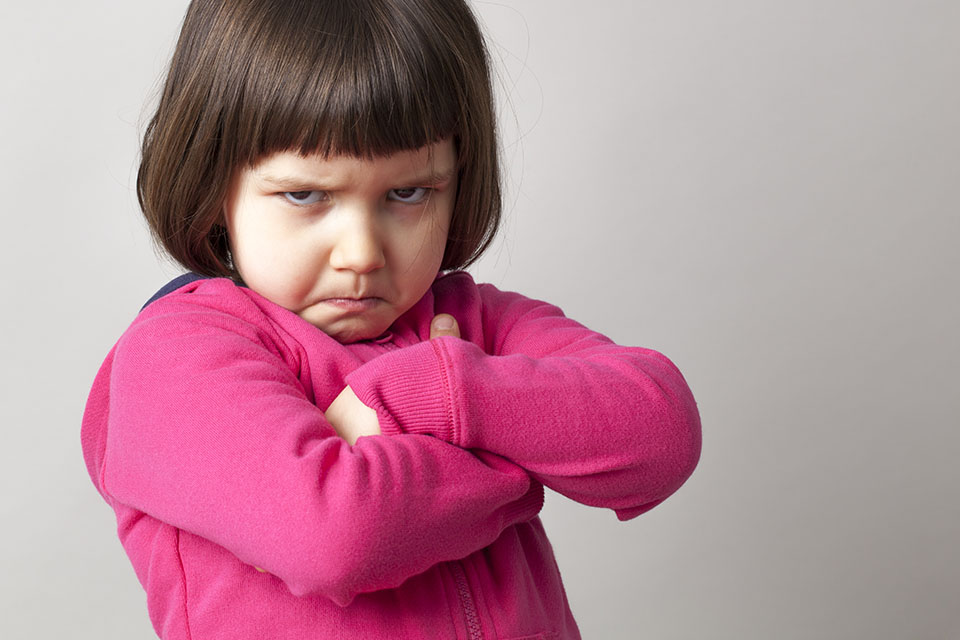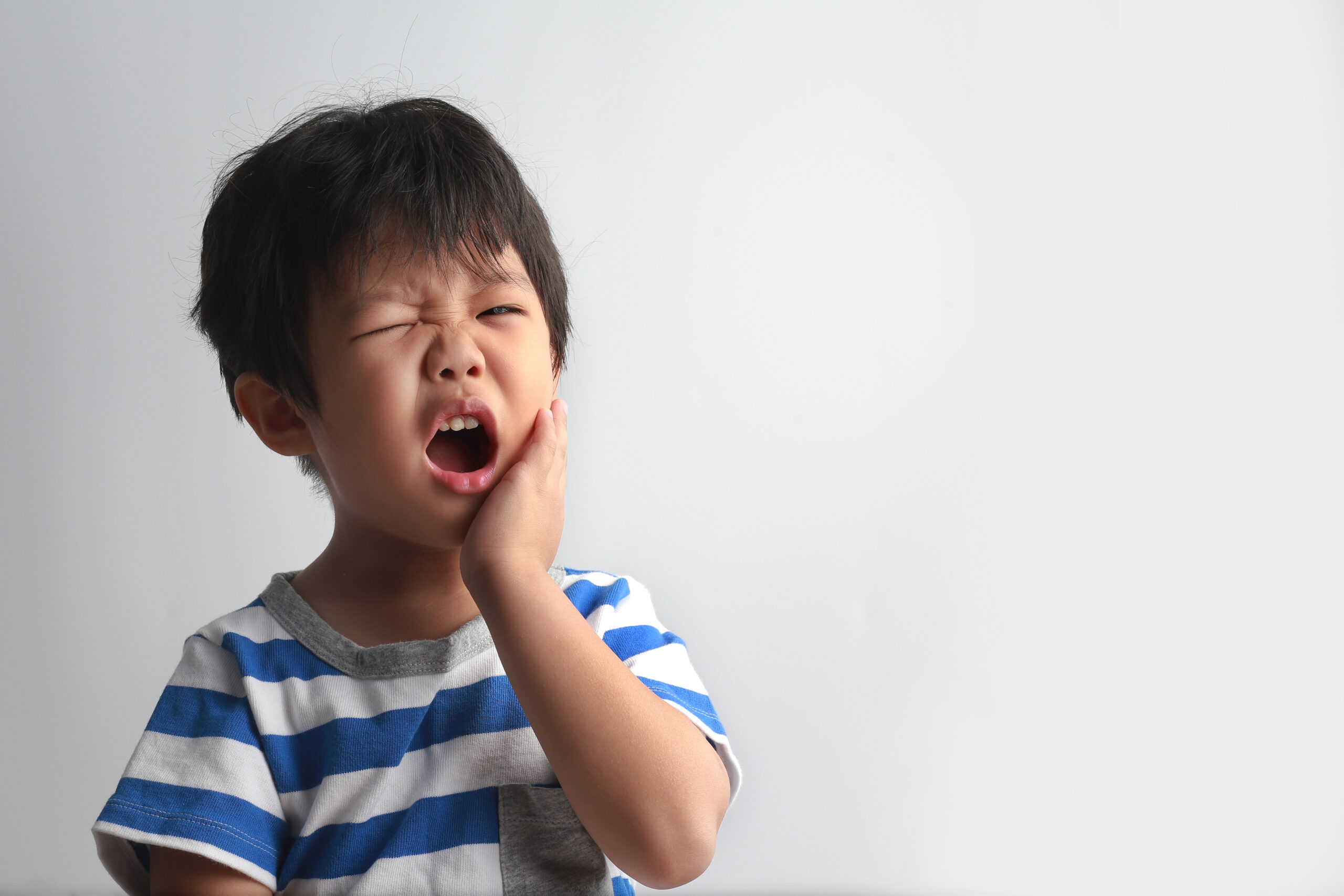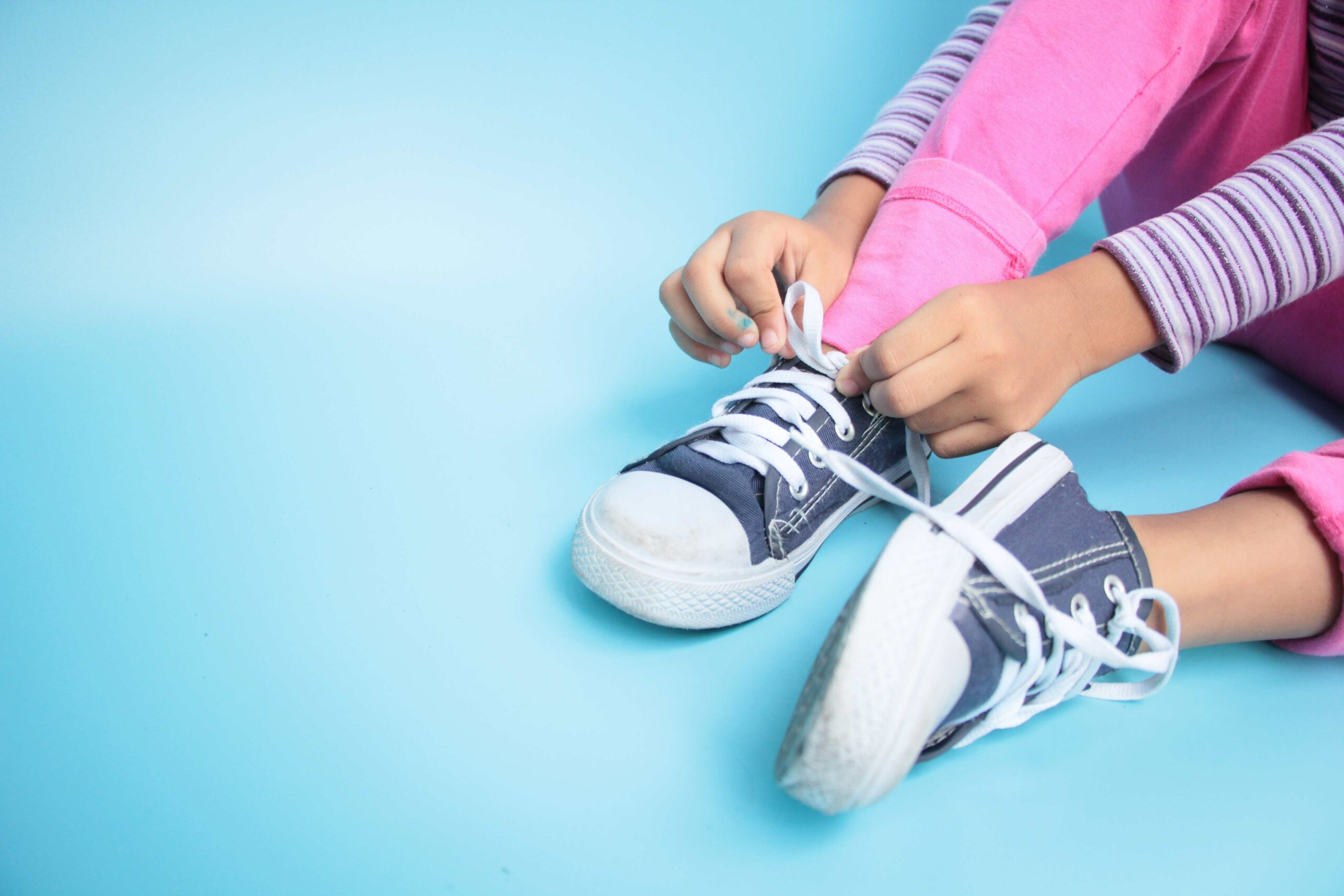The first time your little darling blurts out, “I hate you!” can be devastating. It can occur as early as age 3. The minute some kids learn the word “no,” their first word of defiance, they begin to test boundaries.
Randolph, NJ, child development author Robyn J.A. Silverman, PhD says that by trial and error, a child tests how to use words to get what she wants and push buttons to get what she needs. Without much of a vocabulary, she may add physical outbursts to her verbal explosions.
Explains Becky A. Bailey, PhD, author of Easy to Love, Difficult to Discipline, “When a child says ‘I hate you,’ a parent may be tempted to retort, “Well, I love you.” Don’t argue back, she says, or the child may become even angrier. Instead:
- Acknowledge his feelings: “I know that you are angry.” Remind him of the appropriate behavior: “I don’t like the way you are talking,” or, “You know we don’t speak to others that way.”
- Tell him how he can influence the outcome: “When you calm down, we’ll talk about what is upsetting you.”
- Give him safe time alone to quiet down.
A Learning Experience
Learning to cope with this developmental milestone can help both parents and kids.
Children can learn coping skills to help them vent their temper. Help your child recognize the physical signs of anger, suggests Dr. Silverman. Does she clench her fists? Do her shoulders rise? Does her face get hot? In a quiet time, ask her to show you her angry face and posture. “What would you look like if you were angry?”
If you’re discussing an “I hate you” moment, ask what she might do differently next time. If she doesn’t know, suggest alternative words she could have used. Let her participate in the solution.
Teach simple relaxation techniques. Count to 10, run in place or take a deep breath, using a statement like “Smell the roses (breathe in), and then blow the clouds away (breathe out).” Practice these tactics with your child in calm moments, so he will be equipped with tools he can use under pressure.
On the MetroKids Facebook page, reader Rosemary Gunning recalls all four of her kids used the “h” word. “My response was always, ‘I'm sorry to hear that. I love you very much, but I don't like you to speak to me like that. When would you like to talk about feelings?’ Generally they stomped away, but returned soon for a hug.”
Additional Advice
As children's vocabulary increases, they can learn to express their feelings more accurately. They needs to continue to learn new words to match their emotions.
 When you have started to identify your child's concerns, you can supply more appropriate words to help her pinpoint what she is feeling. Use quiet times as teaching times. When you are reading a story together, talk about how the characters handle their frustration. (See Books on Child Anger, right.) Explain that you get angry sometimes too. Talk about better solutions to make the anger go away.
When you have started to identify your child's concerns, you can supply more appropriate words to help her pinpoint what she is feeling. Use quiet times as teaching times. When you are reading a story together, talk about how the characters handle their frustration. (See Books on Child Anger, right.) Explain that you get angry sometimes too. Talk about better solutions to make the anger go away.
Help your child to see that he has options. One problem can be solved in a variety of different ways. If he is having difficulty mastering a task, he can ask for help, try a different approach or move on to another activity. Be willing to help him see alternative ideas to solve hisf problem.
Advance planning can stop the rage before it begins. If, in specific situations, your child has issues, prepare her before you arrive. For example, if you are going to a children’s arcade, you may mention “The last time you got really frustrated because other children weren’t sharing or you had to wait your turn. What do you think you might want to do if you start to feel that way again?” Suggest alternate actions (go to a different game where there is no line) and remind her of her verbal and physical tools.
Be aware of your own use of the word “hate.” Hearing a parent say I hate my job or I hate waiting in line may indicate that hate is an acceptable term with little impact. Establish and practice rules of respect within your household to set the standard you want your child to attain.
When your child says “I hate you”, realize that she is probably trying to say something very different to you. As you help your child identify, modify and rectify their feelings, you will find that you will be able to communicate more effectively.
Julie Hanahan is a freelance writer.

 When I Feel Angry (The Way I Feel Books), by Cornelia Maude Spelman, Illustrated by Nancy Cote, (Albert Whitman & Company $6.99)
When I Feel Angry (The Way I Feel Books), by Cornelia Maude Spelman, Illustrated by Nancy Cote, (Albert Whitman & Company $6.99) Words Are Not for Hurting (Best Behavior Series), by Elizabeth Verdick, Illustrated by Marieka Heinlen, (Free Spirit Publishing, $7.99)
Words Are Not for Hurting (Best Behavior Series), by Elizabeth Verdick, Illustrated by Marieka Heinlen, (Free Spirit Publishing, $7.99) When Sophie Gets Angry. . . Really, Really Angry, by Molly Bang, (Blue Sky Press, $6.99)
When Sophie Gets Angry. . . Really, Really Angry, by Molly Bang, (Blue Sky Press, $6.99) The Day Leo Said “I Hate You,” by Robie Harris, Illustrated by Molly Bang, (Little Brown Young Readers, $6.99)
The Day Leo Said “I Hate You,” by Robie Harris, Illustrated by Molly Bang, (Little Brown Young Readers, $6.99)




